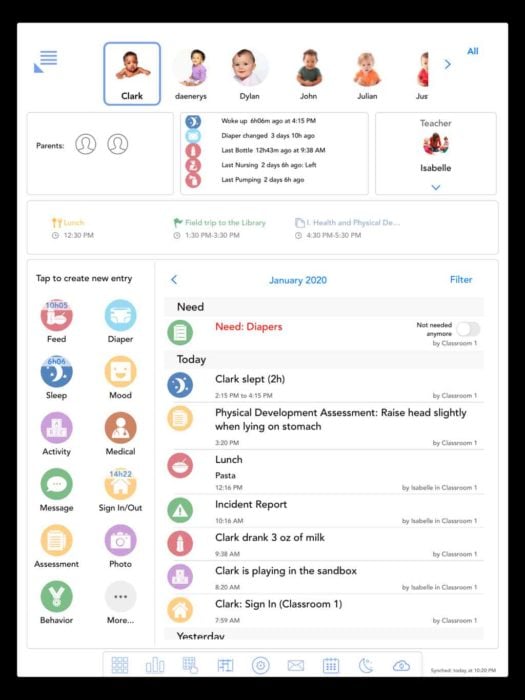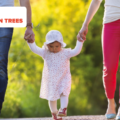“I always imagine good parents teaching their children Spanish, or how to play the flute as soon as little Bri or Megan can sit up. I’ve taught mine how to consume pasta without silverware and zone out in front of the tube.” — Jerry Stahl, “Bad Moments in Parenting,” therumpus.net
I wasn’t prepared for the guilt.
Even though I’d heard of “mother’s guilt,” even though friends with children had mentioned it to me, the power of the guilt I would feel as a parent just didn’t sink in until I had my own child.
Here are some of the things I’ve felt guilty about so far:
- Having a C-section (Lydia was breech.)
- Having a vacuum-assisted birth (Felix was stuck.)
- Probably not “bonding” properly due to the C-section/vacuum-assisted birth (I was a childbirthing failure!)
- Supplementing feedings with formula (I was a breastfeeding failure!)
- Not supplementing my baby sooner with formula (She was starving and it was my fault!)
- Not making homemade baby food (I’m lazy!)
- Not understanding how to care for two kids at once (I’m pathetic and weak!)
- Letting Felix cry in his bouncy seat while I did a conference call in the next room (I’m a money-grubbing hack, too disorganized to hire a sitter!)
The list could go on to epic-poem lengths, but I’ll spare you the rest of the neurotic details. What’s the deal with all this guilt?
Maybe it has something to do with the way our parenting decisions (and perceived failures) seem to carry so much weight. Fail to breastfeed exclusively and you’ve doomed your child to a life of sickness and mediocrity. Give your toddler some mac and cheese and she’ll never touch vegetables again.
Relax, at least a little
Lori Gottlieb writes about this phenomenon in her article for The Atlantic, “How to Land Your Kid in Therapy.”
While studying for a degree in clinical psychology, she was bombarded with literature that suggested that “proper” parenting practices are hugely important.
“In everything we studied … the research was clear: Fail to ‘mirror’ your children or miss their ‘cues’ or lavish too little affection on them, and a few decades later, if they had the funds and a referral, they would likely end up in one of our psychotherapy offices, on the couch next to a box of tissues — recounting the time Mom did this or Dad didn’t do that — for 50 minutes weekly, sometimes for years.”
Gottlieb argues that the hyper-vigilant parenting that so many of us take part in — and the guilt that frequently attends it — is actually bad for kids.
Instead, she advocates an approach to parenting that allows our children to experience some frustration and hardship and de-emphasizes the importance of our role as parents in “shaping” our children’s lives.
‘Coulds,’ not ‘shoulds’
I like some of the advice from Margie Warrell in her article for Forbes, “Letter to Working Mothers: Stop Feeling So Guilty.” One of her best suggestions, and an easy one to implement, is to quit thinking about what you “should” do.
For example, “I really should make some homemade educational baby toys right now instead of plopping the baby on a blanket while I shop online for easily washable dresses.”
“Our shoulds are shaped by our environment, which has seen them skyrocket in recent decades with the rise of the so-called ‘parenting police’ — experts that bombard us with advice on what a ‘good’ parent should, and should not, do,” she writes.
She suggests we replace “should” with “could,” and then offer an alternative.
Maybe like this: “I could make some educational baby toys, or I could just buy some from Amazon after placing my latest Athleta order.”
Good-enough mother
Another excellent idea is to let go of perfectionism and embrace the concept of the “good enough” mother.
“There is no one ‘right’ way to raise a child,” says Minneapolis psychotherapist Jenny Adams Salmela. “Being a good enough parent, providing love, support and safety, but still making mistakes, is all that is necessary for a child to thrive.”
All of this sounds good to me.
So, fellow parents: Do your best to let go of the guilt and actually enjoy parenting. And when you spend an afternoon watching Breaking Bad with your infant instead of walking him around the Minneapolis Institute of Arts, remember the wise words of my friend Anne: “Give yourself a break.”
Shannon Keough lives in Minneapolis with her husband Nick and two children.
















